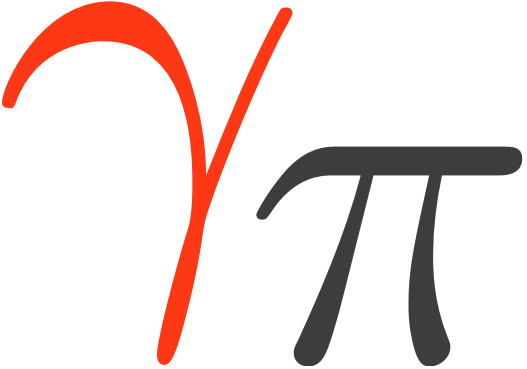AnalysisConfig#
- class gammapy.analysis.AnalysisConfig[source]#
Bases:
GammapyBaseConfigGammapy analysis configuration.
This class defines the full analysis configuration schema, organised into different sections. It can be read from or written to a YAML file using
read()andwrite(), respectively.- Attributes:
- general
GeneralConfig General settings for output, logging, and file paths.
- observations
ObservationsConfig Settings for the
Observationselection including IDs, regions, and time filters.- datasets
DatasetsConfig Settings for the
DatasetIncluding but not limited to geometry (GeomConfig), background (BackgroundConfig), safe mask (SafeMaskConfig), and stacking.- fit
FitConfig Configuration for the
Fitstrategy and global fit energy range.- flux_points
FluxPointsConfig Configuration for the
FluxPointsEstimator.- excess_map
ExcessMapConfig Configuration for the
ExcessMapEstimator.- light_curve
LightCurveConfig Configuration for the
LightCurveEstimator.
- general
Examples
Read from a yaml file:
>>> from gammapy.analysis import AnalysisConfig >>> config = AnalysisConfig.read("config.yaml") >>> print(config.datasets.geom)
Create from scratch
>>> config = AnalysisConfig() >>> config.observations.datastore = "$GAMMAPY_DATA/hess-dl3-dr1" >>> config.observations.obs_cone = {"frame": "icrs", "lon": "83.633 deg", "lat": "22.014 deg", "radius": "5 deg"} >>> print(config.observations.obs_cone.lat.deg) 22.014
Create a new model by parsing and validating input data from keyword arguments.
Raises [
ValidationError][pydantic_core.ValidationError] if the input data cannot be validated to form a valid model.selfis explicitly positional-only to allowselfas a field name.Attributes Summary
Configuration for the model, should be a dictionary conforming to [
ConfigDict][pydantic.config.ConfigDict].Methods Summary
from_yaml(config_str)Create from YAML string.
read(path)Read from YAML file.
Set logging config.
to_yaml()Convert to YAML string.
update([config])Update config with provided settings.
write(path[, overwrite])Write to YAML file.
Attributes Documentation
- model_config = {'arbitrary_types_allowed': True, 'extra': 'forbid', 'use_enum_values': True, 'validate_assignment': True, 'validate_default': True}#
Configuration for the model, should be a dictionary conforming to [
ConfigDict][pydantic.config.ConfigDict].
Methods Documentation
- classmethod from_yaml(config_str)[source]#
Create from YAML string.
- Parameters:
- config_strstr
yaml str
- set_logging()[source]#
Set logging config.
Calls
logging.basicConfig, i.e. adjusts global logging state.
- update(config=None)[source]#
Update config with provided settings.
- Parameters:
- configstr or
AnalysisConfigobject, optional Configuration settings provided in dict() syntax. Default is None.
- configstr or
- write(path, overwrite=False)[source]#
Write to YAML file.
- Parameters:
- path
pathlib.Pathor str Path to write files.
- overwritebool, optional
Overwrite existing file. Default is False.
- path
- __init__(**data)#
Create a new model by parsing and validating input data from keyword arguments.
Raises [
ValidationError][pydantic_core.ValidationError] if the input data cannot be validated to form a valid model.selfis explicitly positional-only to allowselfas a field name.- Parameters:
data (Any)
- Return type:
None
- classmethod __new__(*args, **kwargs)#
